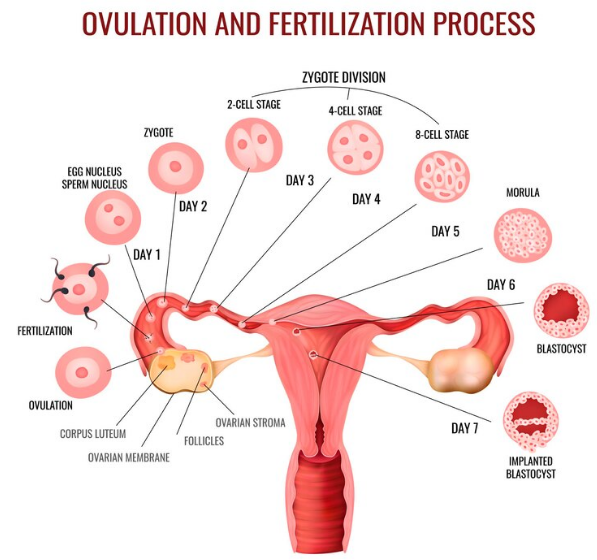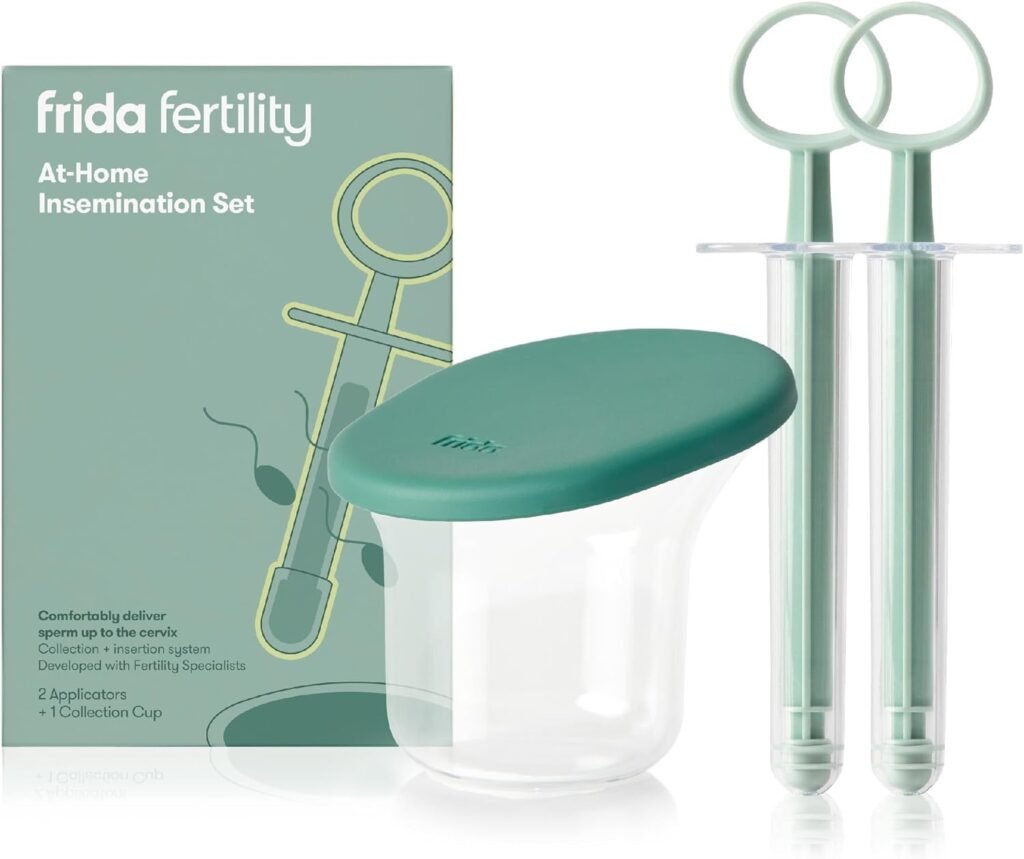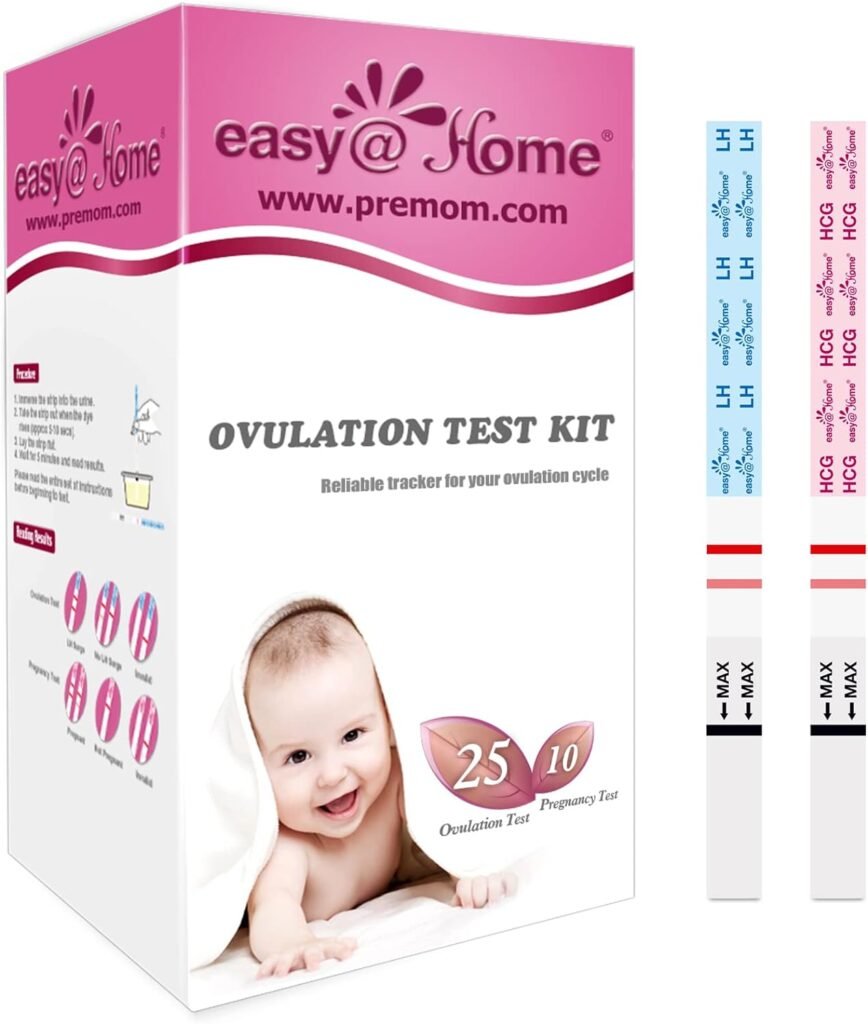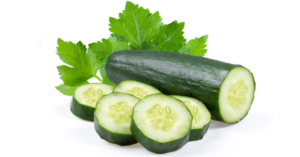Introduction
Understanding the intricacies of ovulation can significantly enhance your chances of conceiving. Whether you’re just starting your journey to parenthood or have been trying for some time, knowing your ovulation date is key. Let’s dive into how this crucial aspect of your menstrual cycle can help you achieve your dream of becoming a parent.
Table of Contents
Understanding Ovulation
What is Ovulation?
Ovulation is a phase in your menstrual cycle when a mature egg is released from the ovary, ready for fertilization. This typically occurs midway through the cycle, around day 14 in a 28-day cycle, but can vary among individuals.
The Ovulation Cycle Explained
The menstrual cycle is divided into stages: the follicular stage, ovulation, and the luteal stage. During the follicular phase, follicles in the ovary mature. The most developed follicle delivers an egg during ovulation. If the egg is fertilized, it can implant in the uterine lining, leading to pregnancy. If not, the cycle concludes with menstruation.
Signs and Symptoms of Ovulation
Recognizing ovulation signs can help in pinpointing your most fertile days. Common symptoms include:
- Mild pelvic or lower abdominal pain (mittelschmerz)
- Increased cervical mucus, which becomes clear and stretchy
- Slight rise in basal body temperature
- Breast tenderness
- Increased libido
The Fertility Window
What is the Fertility Window?
The fertility window is the period during your cycle when conception is most likely. It spans approximately six days – five days before ovulation and the day of ovulation itself. This is because sperm can live inside the female reproductive tract for up to five days, and the egg remains viable for about 24 hours after release.
How Ovulation Affects the Fertility Window?
Timing intercourse during the fertility window maximizes the chances of sperm meeting the egg. Ovulation is the focal point of this window, making it crucial to identify when it occurs.
Optimal Timing for Conception
For the best chances of conception, engaging in sexual intercourse during the days leading up to and including the day of ovulation is recommended. Monitoring ovulation signs and using tracking methods can help in determining these optimal days.
Tracking Ovulation
Methods for Tracking Ovulation
1.Calendar Method: This method involves tracking your menstrual cycle over several months to predict ovulation. By recording the length of your cycles, you can estimate your ovulation day, usually around day 14 in a 28-day cycle.
2.Basal Body Temperature Method: Your basal body temperature (BBT) slightly increases after ovulation due to progesterone. By measuring your BBT daily before getting out of bed and recording the readings, you can identify a pattern indicating ovulation.

3.Ovulation Predictor Kits: These units identify the flood in luteinizing hormone (LH) that goes before ovulation. They are user-friendly and provide a reliable indication of your most fertile days.
4.Cervical Mucus Method: Changes in cervical mucus can signal ovulation. During ovulation, cervical mucus becomes clear, stretchy, and egg white-like, facilitating sperm movement.
Pros and Cons of Each Method
- Calendar Method: Simple and free but less accurate for women with irregular cycles.
- BBT Method: Low cost and provides a pattern but requires daily commitment and does not predict ovulation in advance.
- Ovulation Predictor Kits: Highly accurate and easy to use but can be costly over time.
- Cervical Mucus Method: Natural and insightful but requires familiarity with bodily changes and may be affected by infections or medications.
Lifestyle Factors Influencing Ovulation
Diet and Nutrition
A balanced diet rich in vitamins and minerals supports hormonal balance and ovulation. Foods high in antioxidants, such as fruits and vegetables, and those rich in omega-3 fatty acids, like fish, can be beneficial.
Exercise and Physical Activity
Moderate exercise promotes overall health and can regulate your menstrual cycle. However, excessive exercise can disrupt ovulation, so it’s important to find a healthy balance.

Stress and Mental Health
Chronic stress can interfere with hormone levels, affecting ovulation. Practices like yoga, meditation, and regular physical activity can help manage stress and improve fertility.
Sleep Patterns
Quality sleep is vital for hormonal regulation. Aim for golden 7-9 hours of uninterrupted sleep every night to support reproductive health.
Medical Assistance in Tracking Ovulation
When to See a Doctor
If you’ve been trying to conceive for over a year (or six months if you’re over 35), it may be time to consult a healthcare provider. They can offer guidance and assess any underlying issues.
Fertility Tests and Treatments
Tests like blood work, ultrasound, and hysterosalpingography (HSG) can evaluate your reproductive health. Treatments may include medication to stimulate ovulation, intrauterine insemination (IUI), or in vitro fertilization (IVF).

Role of Fertility Specialists
Fertility specialists, or reproductive endocrinologists, provide specialized care and advanced treatments to help you conceive. They can develop personalized plans based on your unique circumstances.
Common Misconceptions about Ovulation and Fertility
Myths about Conception
There are many myths about conception, such as the idea that certain sexual positions or specific diets can guarantee pregnancy. It’s important to rely on scientifically-backed methods for accurate information.
Clarifying Misunderstandings
Understanding how ovulation and fertility work can dispel common misconceptions. For example, it’s a myth that you can conceive at any time during your cycle. The truth is, the fertility window is a limited period.
Technological Advances in Fertility Tracking
Apps and Digital Tools
Numerous apps and digital tools can help track your menstrual cycle and predict ovulation. These tools often combine multiple tracking methods for more accurate results.
Future of Fertility Technology
Emerging technologies, such as wearable devices and advanced AI algorithms, promise even greater accuracy in fertility tracking, making it easier for couples to conceive.
Success Stories
Hearing from others who have successfully conceived through ovulation tracking can be encouraging. These stories highlight the importance of understanding your cycle and staying patient.
Conclusion
Knowing your ovulation date is a powerful tool in your journey to conceive. By tracking ovulation and understanding the fertility window, you can optimize your chances of pregnancy. Remember to consider lifestyle factors, seek medical advice when necessary, and stay informed about new technologies. Every step you take brings you nearer to your goal.
FAQs
Ovulation lasts for about 24 hours. However, the fertility window extends up to six days, as sperm can survive in the reproductive tract for up to five days.
Typically, ovulation occurs once per cycle. However, some women may experience multiple ovulations, but this is rare and usually happens within a 24-hour period.
The best days to conceive are the five days leading up to ovulation and the day of ovulation itself. Tracking methods can help identify these days.
Irregular cycles can make it harder to predict ovulation. Using a combination of tracking methods, such as BBT, ovulation predictor kits, and monitoring cervical mucus, can improve accuracy.
Yes, stress can impact hormonal balance and delay ovulation. Managing stress through relaxation techniques and a healthy lifestyle can support regular ovulation.

10 Proven Benefits of Bananas for Health and Well-being
Bananas are known for their natural sweetness, ease of peeling and rich nutrition. This makes them one of the most commonly consumed fruits in the world. Though bananas originated in Southeast Asia, they are now

Disease X: The Next Pandemic?
Emerging infectious diseases pose one of the greatest threats to human health and global stability. One of them, “Disease X” has intrigued scientists and WHO, as it represents the potential for an unknown disease to

The Remarkable Benefits of Eating Acorn Squash in Winter
Acorn squash has all the qualities that make it special. Winter calls for warmth, comfort, and nutrition, and acorn squash provides all of these. This vegetable is not just delicious but also has a lot

Omega-3 Fatty Acids
Omega-3 fatty acids play a very important role in the nutrients needed to maintain overall health. As people are getting to know about it, its popularity is increasing day-by-day. These fats play a very important


